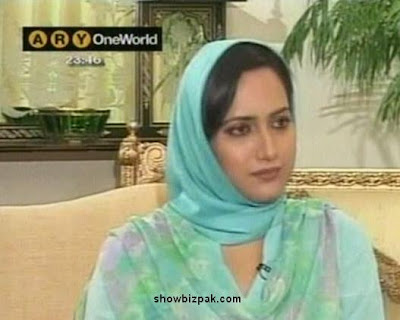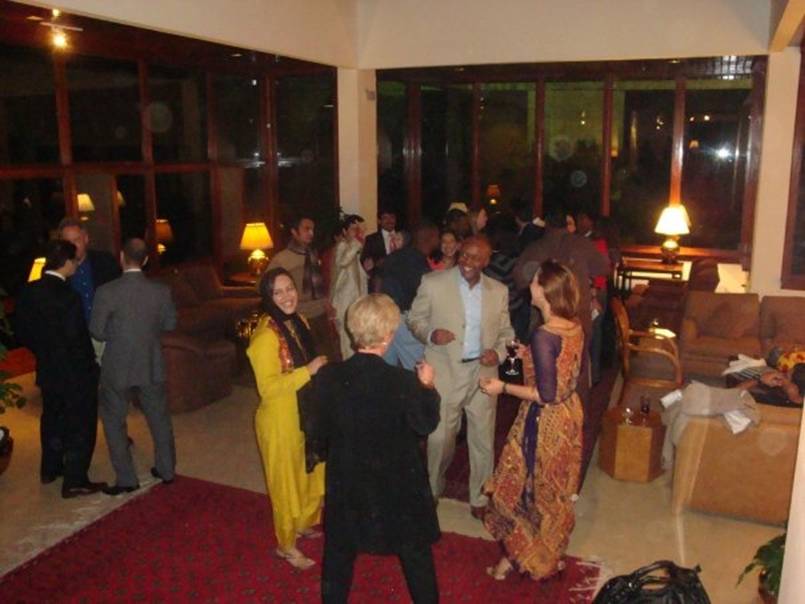because these are modern day w.h.o.r.e.s
if they are w.h.ores then who you are ? may be a modern day p.i.m.p?
because these are modern day w.h.o.r.e.s
sowwie. will do.please stay ontopic and avoid personal attacks!
Nope. I KNOW I've awaken from the fundamentalism that was taught to every child of 90s Pakistan and I have stepped into intellectual liberty...blah blah...
...do you not think that you have rolled from one fundamentalism to another ?
Did anyone else also notice that 'dopataless' is also an anagram of 'Da Topless'. Talk about some Freudian Slip....pti sporters defendind dopataless besharam...
بھئی صاحب اپنے گھر کا خیال رکھو اور دوسروں کو کرنے دو جو وو کرنا چاہتے ہیں. کیوں دوسروں کو اپنے مطابق زندگی گزارنے پر مجبور کرتے ہو. سب کو اسلام کا پتا ہے اگر کوئی نہیں عمل کرتا تو الله اس کو پوچھے گا ، اپنے کام سے کام رکھو
Even Imran Khan's family members do not wear dupatta. What is the problem with you ?
https://www.google.co.uk/search?q=a...AQ&biw=1024&bih=672#biv=i|4;d|Dgq-EANf_9FNlM:
Since when is dopata or lack thereof a moral yardstick for goodness? Since when?...wearing a dupatta by news casters will be a good trend setter for Pakistan...
Even Imran Khan's family members do not wear dupatta. What is the problem with you ?
https://www.google.co.uk/search?q=a...AQ&biw=1024&bih=672#biv=i|4;d|Dgq-EANf_9FNlM:
لیکن نواز شریف کی بیٹی تو بھاگ ہی گئی تھی جو ڈوپٹہ سر سے اتارتی بھی نہیں تھی۔
Nope. I KNOW I've awaken from the fundamentalism that was taught to every child of 90s Pakistan and I have stepped into intellectual liberty.
Ab aap nai kah hi dia tu mujhe bhi kuch kahana pareh ga, otherwise, I wouldn't get involved in this thread.

She is not wearing Hijab because her full head is not covered, it is like a fashion statement. She has no intentions of cover her body either, because despite wearing two "Dupattas" her cleavage area is still open and visible.
You could call her a poser nothing more than that, she is trying to fool people. It is better if she doesn't bother at all.


LOL - there already is something like that. It's called nakednews.com
Since when is dopata or lack thereof a moral yardstick for goodness? Since when?
My friend try to understand this point:
In societies where trivial aspects like dress codes are made big issues and matters on which masses are dictated upon, such societies are on path of self-destructing fundamentalism.
No benefit comes out of imposting a fictitious standard of decency e.g. 'dopatta on newscasters heads'. Nowhere in the 'normal' world does it happen.
By siding on the inapplicable grounds of morality, modesty or decency over this issue, all you are doing it strenthening the fundamentalists agenda.
Trivialities of dress code is NOT something that nations dictate to their masses. At least 'normal' nations. Pakistan has already become almost 'Fundamentalistan' - young people like you and me must be clear about what we want Pakistan to really be.
just like traffic laws or any other laws, one should abide by moral laws as well by wearing decent respectable clothes in the public places. I believe by wearing modest clothes one look digified and attract less curious stares. As for anchors not taking dupatta, can't say whats the reason behind but m sure while going home after work, they must be wearing it as our streets are not safe to roam abt without dupattas.
off topic post, trying to derail the issue.......that's a topic for a separate thread..........why most men do not have a beard or dont look down/away? bas aurton kay peechay padh jao

